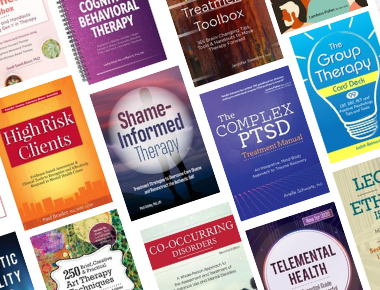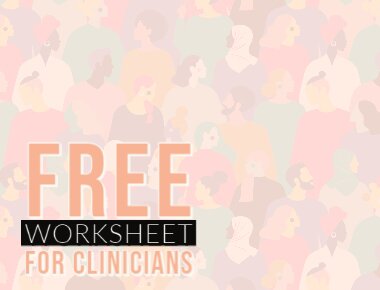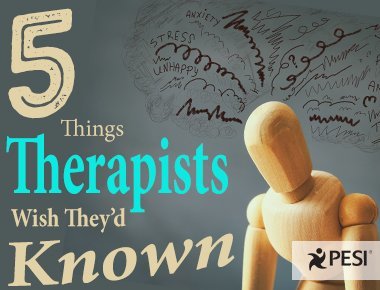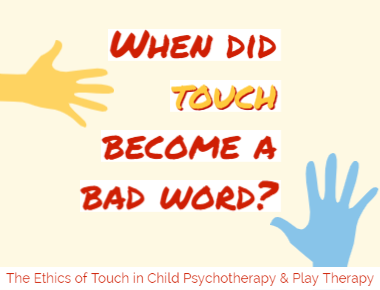Blogs and Free Resources

8 Ways Non-Prescribers Can Promote Medication Success
Simple Strategies for Any Mental Health Professional

15 Books Therapists Should Already Have on Their Shelves
Clinical resources addressing trauma, psychopharmacology, ethics, and more

3 Things Therapists Need to Assess Before Providing an ESA Letter
Learn what assessments you need to perform with this quick video

Build Rapport & Cultural Competency
FREE Multicultural Worksheet for Clinicians

Understanding and Integrating Ritual in your Practice
3 FREE Multicultural Worksheets
Leslie Korn – Whether cultural rituals are therapeutic or harmful depends on the individual, the setting, and their purpose. It’s important to have a solid understanding of cultural rituals so we can effectively integrate their healing ability in our practices. And the best place to start is by considering our own relationship to rituals.
Download these 3 multicultural worksheets to take the first step toward multicultural awareness and competency in your practice.

Straight Talk: Understanding Antidepressant Selection Medications for Depression
What’s important when initiating antidepressant selection
By Joseph Wegmann –ÌýWith medication management playing an increasingly pivotal role in the treatment of mental health disorders, the challenges faced by clinicians are increasing.
It's more critical than ever for mental health professionals to understand how to effectively collaborate with practioners prescribing medication. Here's what you need to know...

Are You Missing Your Client's Signals?
3 ways to increase your sensitivity to nonverbal shifts.

All Parts are Welcome
Download This FREE Resource Today!

5 Things Seasoned Therapists Wish They'd Known
... And the One Question You Should Always Ask Your Clients...


